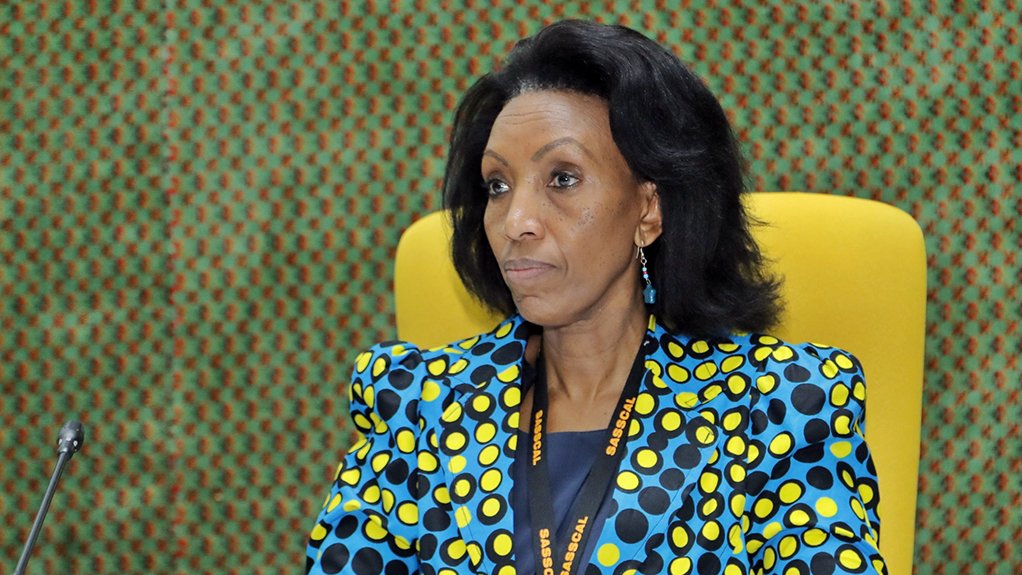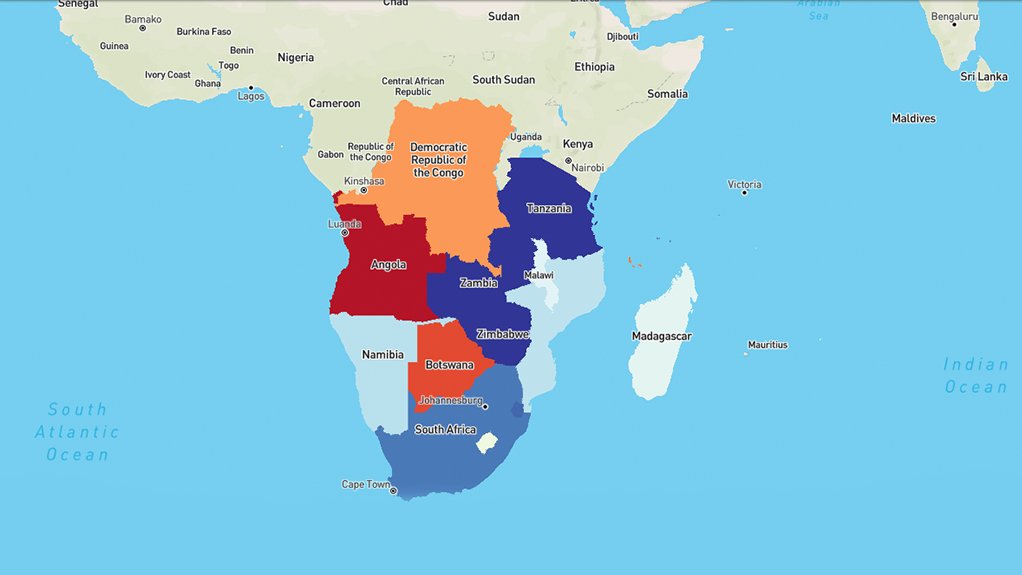JOHANNESBURG (miningweekly.com) – The results of the green hydrogen atlas for Southern Africa, now readily available online, show enormous potential green hydrogen production throughout the region, the Southern African Science Service Centre for Climate Change and Adaptive Land Management (Sasscal) said on Monday.
A joint initiative of Angola, Botswana, Namibia, South Africa, Zambia and Germany, Sasscal has collaborated with the Southern African Development Community (SADC) Centre for Renewable Energy and Energy Efficiency as a technical implementing partner.
The results of the H2Atlas-Africa project, sponsored by the German Federal Ministry of Education and Research, are presented in the form of an interactive atlas, which shows ‘locations of interest’ in Southern African countries.
The interactive atlas is seen as the first science-based decision support tool for the development of green hydrogen pilot plants, with contributions from 60 scientists, 16 modellers and a 12-member regional technical committee team.
It can be accessed via https://africa.h2atlas.de/. and provides information on different resources for green hydrogen production. These include ground and surface water resources, land availability, solar and wind renewable energy resources, as well as levelised cost of hydrogen production and other key indicators such as social circumstances policy framework, and export, transport and energy regulations.
Uptake will enable the region to participate in the global Just Energy Transition to a green economy along the entire value chain of hydrogen production, without leaving anyone behind.
Leading participants are Sasscal executive director Dr Jane Olwoch of Namibia and Dr Solomon Agbo, the coordinator of the H2Atlas Africa at Forschungszentrum Jülich GmbH, of Germany.
National launches are planned in the second half of this year on what are regarded as key elements about the potential of regional green hydrogen development for policy makers, investors, researchers and potential funders.
The atlas, which can contribute to the development of national and regional roadmaps and strategies for enabling green hydrogen-based economies in sub-Saharan Africa, is seen as having great relevance for Germany, Africa and the world, with the project results providing information that enterprises can leverage for sustainable development.
The atlas project supports climate adaptation and mitigation programmes by providing data that can be used for green energy production.
EMAIL THIS ARTICLE SAVE THIS ARTICLE ARTICLE ENQUIRY
To subscribe email subscriptions@creamermedia.co.za or click here
To advertise email advertising@creamermedia.co.za or click here













